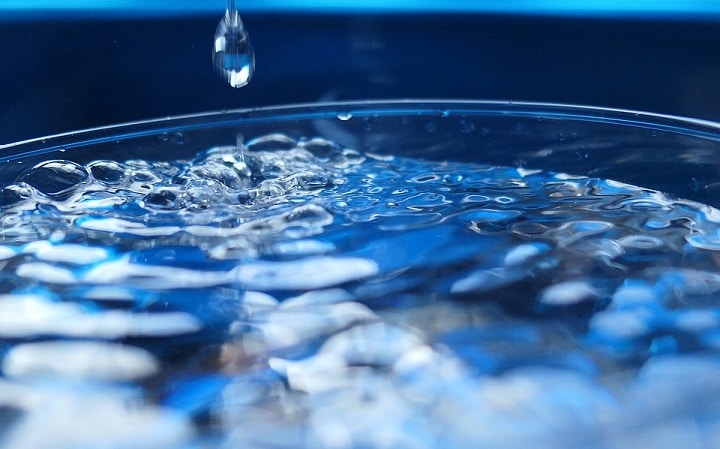The recently published report, The Land-Water-Energy Nexus Biophysical and Economic Consequences, from the Organisation for Economic Cooperation and Development (OECD), warns that the combined effect of the depletion of aquifer stocks for irrigation and the increasing demand for water for non-agricultural uses, is going to have serious implications for water security across the globe.
The report is the first comprehensive assessment of the global consequences of the land-water-energy nexus in the coming decades, and examines in detail what the regional and global biophysical and economic consequences due to policy inaction regarding the limited availability of land, water and energy is likely to be by 2060.
A set of carefully chosen scenarios reflects on potential bottlenecks in energy supply, land supply and water supply:
- The energy bottleneck focuses on reducing the reliance on increasingly scarce fossil fuels through a partial shift in energy supply towards biofuels.
- The land supply bottleneck scenario examines the consequences of increased urban sprawl and of expanded protected natural areas on the access to land for agriculture.
- The water supply bottleneck scenario examines the consequences of depletes groundwater reservoirs before 2060.
The report states that there was no clear finding to suggest that there would be an absolute scarcity of land-water-energy resources nexus globally, but the impacts from LWE bottlenecks vary greatly across regions and time periods, and the critical problem would be having the required resources in the right place at the right time.
The biophysical and economic impacts are moderate at the global level, and the LWE nexus is essentially local, according to the report. The negative economic consequences of the bottlenecks tend to concentrate in hotspot countries such as the Middle East, North Africa and parts of Asia, which are projected to suffer the most from bottlenecks.
All bottleneck scenarios lead to deterioration in food security, which will be reflected in increasing food prices and increased budget shares spent on food. This will threaten food security in all regions as well as water security, especially in regions that are already water-stressed. Most affected regions will also have to import more food, severely damaging their self-sufficiency.
Get bottled water coolers and plumbed water coolers from Living-Water in London.






